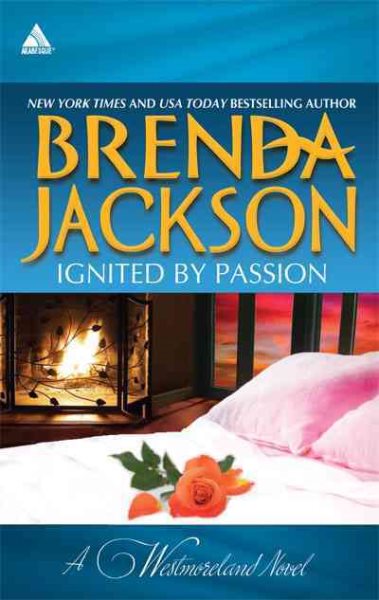

She has found that the average reader cannot fail to appreciate her novels so long as they are beautifully written. But she is convinced that the majority of her readers do not hold that perspective.

She believes that certain sections of society refuse to read romance fiction that features characters that do not look like them.

She abhors African-American sections in libraries and bookstores because she doesn’t understand why African-American romance novels cannot be mixed in with the romance novels written by caucasian authors. Jackson has always hated the segregation she sees in bookstores.

She also made waves when she dominated the USA Today and New York Times Bestseller lists, becoming the first black romance author to accomplish the feat. Jackson paved the way for the many African-American romance writers that came after her, going so far as to become the first black author to write for the Harlequin/Silhouette Desire Line. She also wanted to show that black love was a real concept and that African-American couples could generate the same heat that was often seen in their caucasian peers in romance fiction. Jackson was determined to show the public that black men could be strong yet caring and supportive towards their families. IN the process, she made a name for herself as a proficient author that wrote novels designed to inspire African American readers. She kept honing her skills by writing and publishing novels in the romance genre. Jackson took the leap and wrote her first novel, which came out in 1995 (Tonight and Forever). The conference introduced Brenda Jackson to iconic writers like Rochelle Alers who, in turn, inspired her to follow her publishing dreams. So he encouraged her to attend the writer’s conference with the hope that it would give her the tools she needed to put her boasts to the test. She kept complaining about the issue until her husband enrolled her in a romance writers conference.įrom what Gerald could see, his wife was convinced that she could do better. Jackson’s desire to write fiction was primarily driven by the disappointment she felt over the lack of cultural and ethnic representation in the romance genre. She loved romance novels and she would often turn to the genre whenever she wanted to release stress. Jackson still had a day job when she decided to take up writing. The pair officially tied the knot in 1972. She started going out with Gerald, her husband, in high school.


 0 kommentar(er)
0 kommentar(er)
